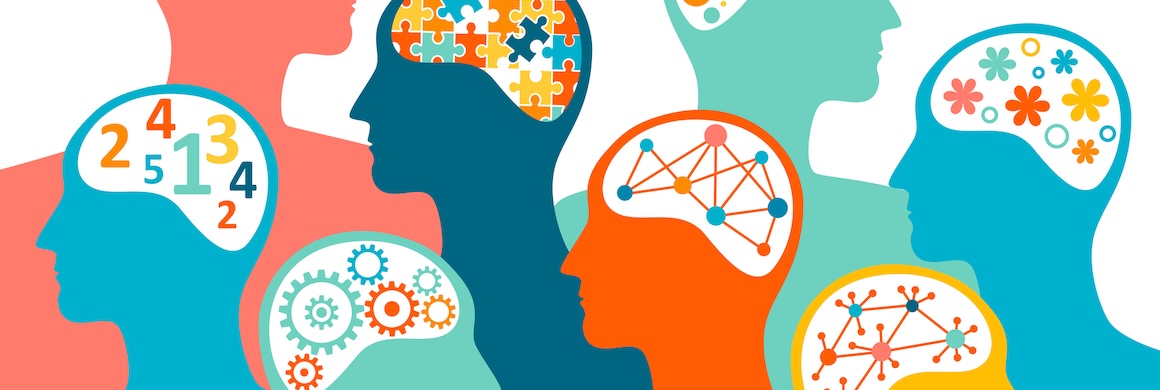You have a duty of care to provide a safe and respectful workplace
Employers have a duty of care to ensure their staff are working in a respectful environment free from discrimination, bullying or harassment. But identifying these poor behaviours in the workplace is not always straightforward. Unfair treatment may be overt and blatantly obvious but often, it is subtle and even unintentional, with the perpetrator oblivious to the serious harm they are causing.
Whilst these issues are complex, it is possible to tackle these issues at the core by building respect, empathy and shared values within your teams, and throughout the organisation.
The link between discrimination and mental and physical health is clear. A recent study from the Australian National University found that people who had experienced moderate-to-high levels of racism were 63-64% more likely to have medically-diagnosed depression and physical pain [1].
Research shows that the most effective method for removing the “us versus them” mentality is by creating a shared group identity [2]. This can be achieved within organisations by reinforcing clear organisational values and common goals that employees can strive towards together. Below are some examples of positive organisational values that will promote a fair and respectful workplace:
- Respect: We value everyone equally and treat people with dignity and professionalism.
- Compassion: We treat everyone we encounter with kindness and care.
- Integrity: We build trust through responsible actions and honest relationships.
- Accountability: Each of us is responsible for our actions and our words.
- Teamwork: We collaborate and work together as a team to get the best outcomes.
Workshop Series: Build a Respectful Workplace
If your organisation needs support to create a more respectful culture, explore our series of workshops designed to effectively build respectful relationships within your workplace:
This popular workshop provides managers and employees with the knowledge of legal obligations and duty of care, as well as providing the skills to recognise, respond to and prevent bullying and harassment behaviour, including sexual harassment. Following this workshop, participants have reported an increased experience of respect, trust and safety within their teams.
This workshop builds fundamental communication skills to enhance respectful interpersonal interactions in the workplace. Participants will be introduced to practical communication techniques and gain awareness of how their verbal and non-verbal communication can impact others.
This workshop helps to re-align organisational and personal values and goals to promote respectful attitudes and behaviours in the workplace. Working towards common goals reduces friction, dissatisfaction and lack of respect amongst your team.
To learn more about our workshop series, get in touch.
[1] Thurber, K. A., Colonna, E., Jones, R., Gee, G. C., Priest, N., Cohen, R., … & Mayi Kuwayu Study Team. (2021). Prevalence of Everyday Discrimination and Relation with Wellbeing among Aboriginal and Torres Strait Islander Adults in Australia. International Journal of Environmental Research and Public Health, 18(12), 6577.
[2] Hogg, M. A. and Terry, D. J. (2000) Social identity and self-categorization processes in organizational contexts. The Academy of Management Review, 25(1), 121-140. doi: 10.2307/259266.










